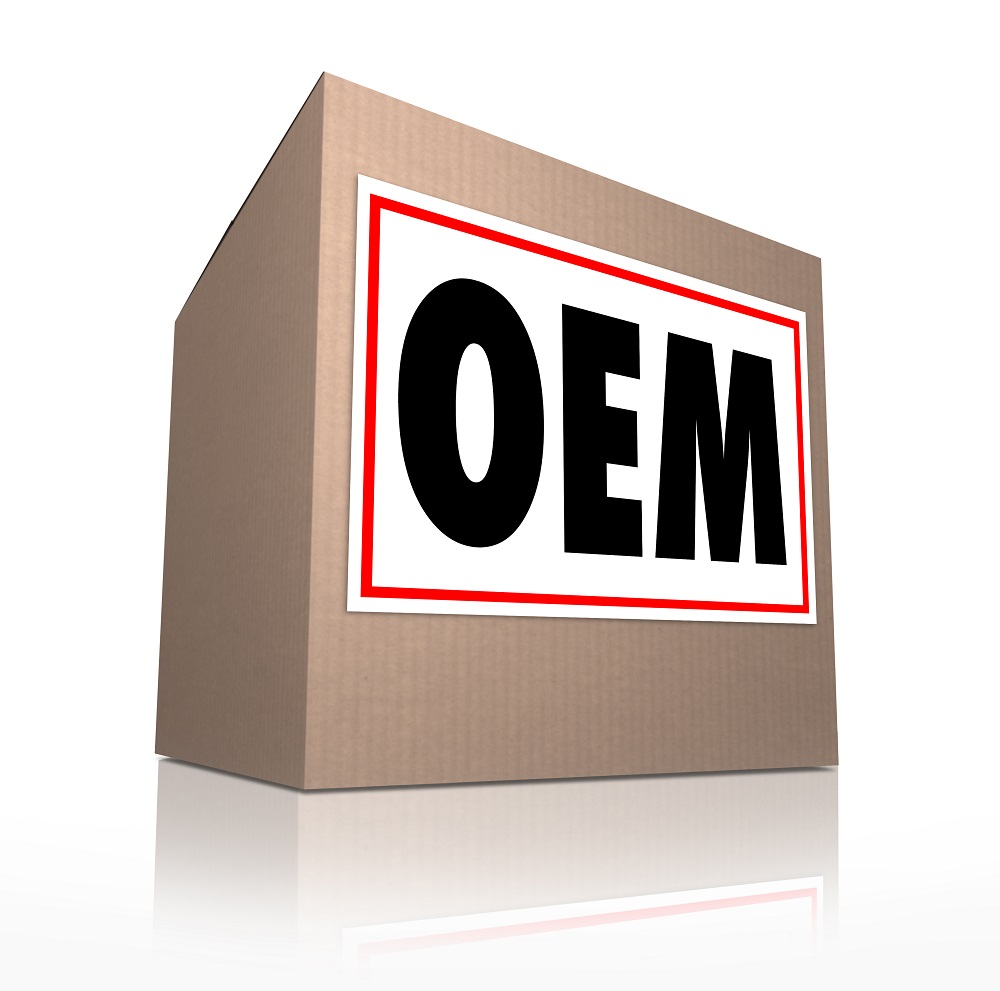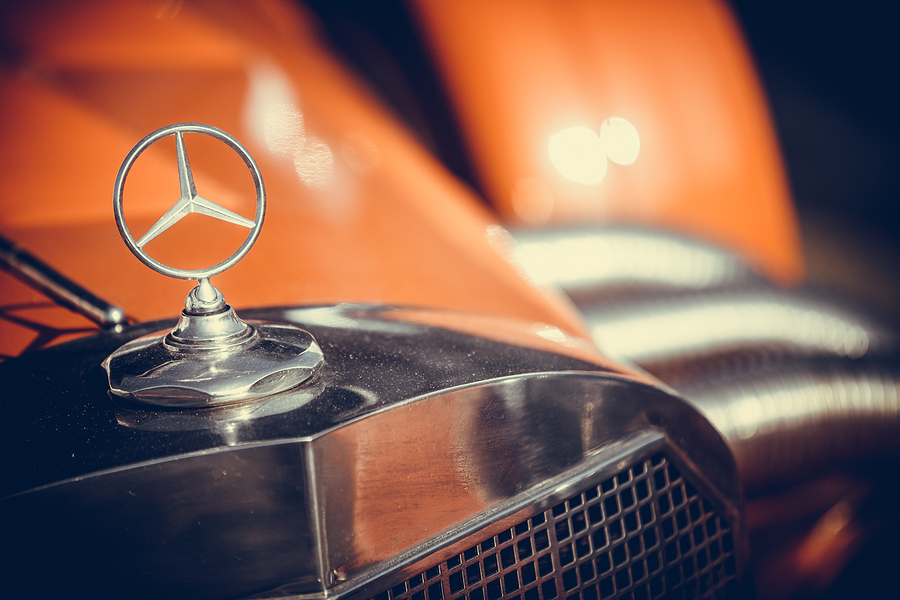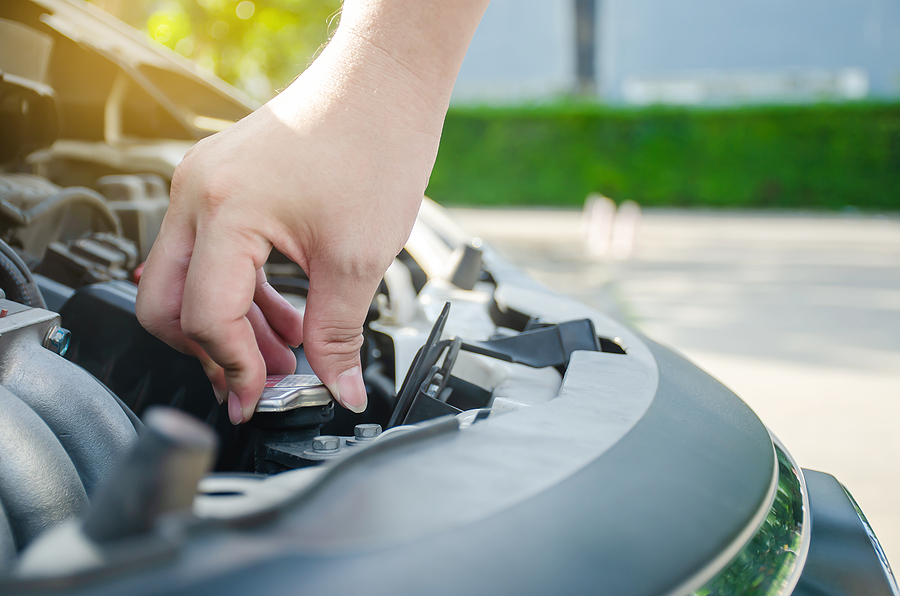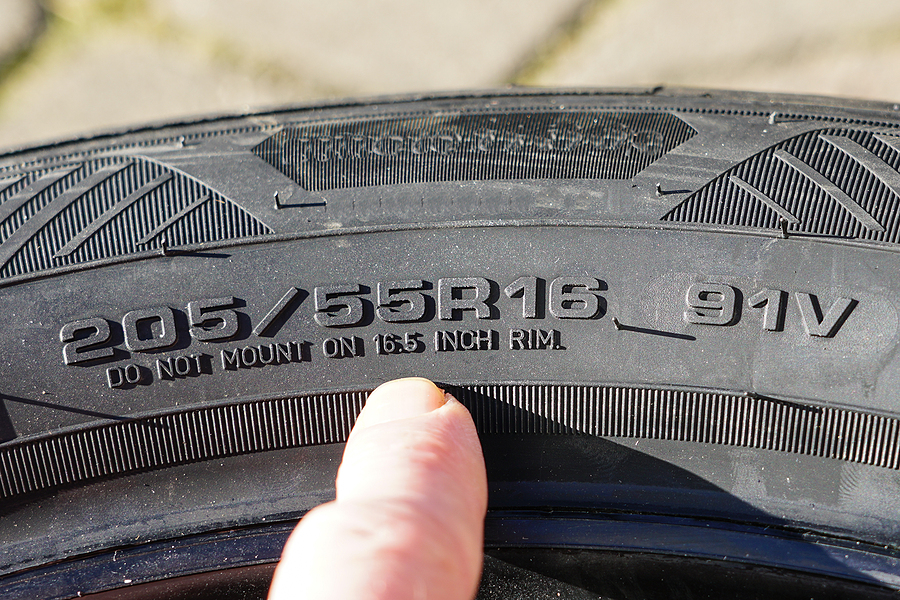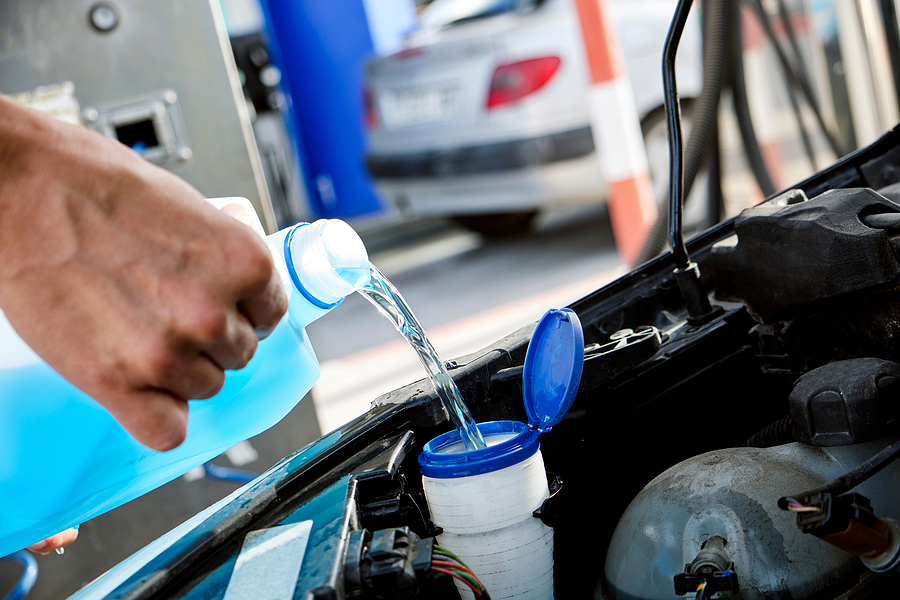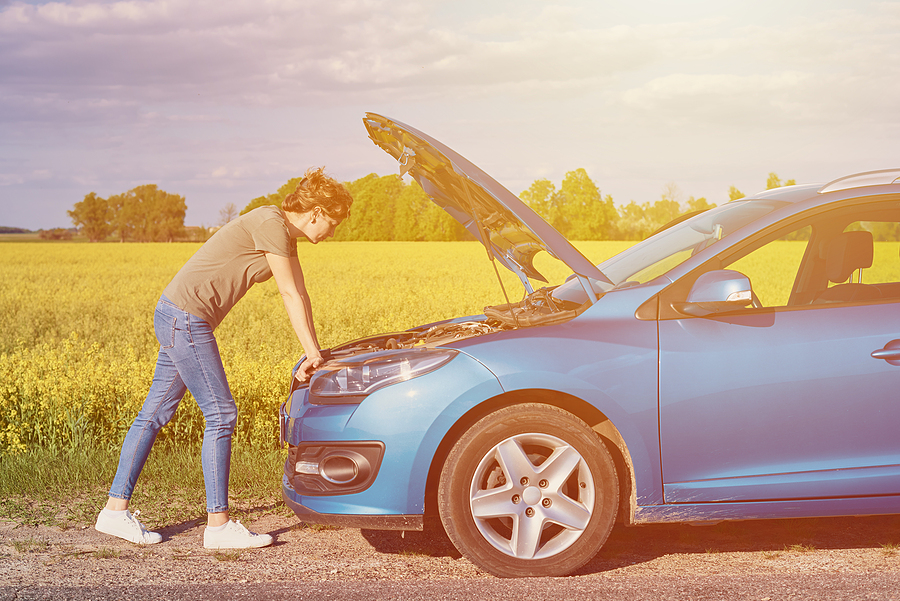There is a distinct expectation that comes with owning a German vehicle. You expect precision engineering, a smooth ride, and—perhaps most importantly—immediate, responsive power when you step on the gas. So, when your BMW, Audi, or Mercedes-Benz starts to hesitate, surge, or jerk during acceleration, it isn’t just annoying; it feels like a betrayal of the car’s character.
Uneven acceleration is a common performance issue that can turn a spirited drive into a stressful experience. It often manifests as a “stumble” when pulling away from a stoplight or a lack of power when trying to merge onto the highway. While these high-performance machines are complex, the causes behind this hesitation often boil down to a specific set of components failing to communicate effectively. Understanding what’s happening under the hood is the first step toward restoring the driving dynamics you paid for.
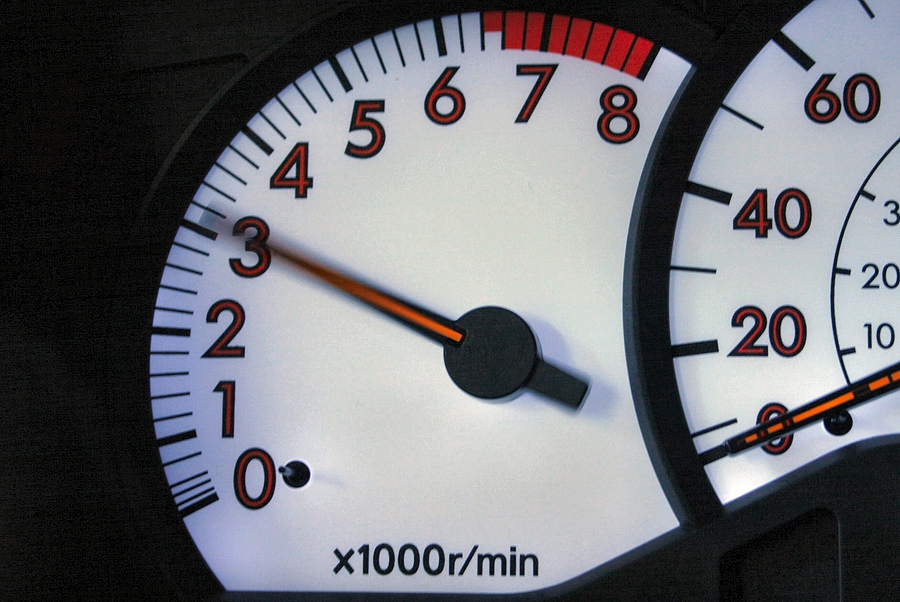
Common Culprits Behind Uneven Acceleration
When your engine hesitates, it is usually struggling to balance the delicate mixture of air and fuel required for combustion. In German vehicles, which rely heavily on sophisticated sensor networks, even a minor discrepancy in data can cause the Electronic Control Unit (ECU) to fumble.
Faulty Mass Airflow Sensor (MAF)
The Mass Airflow Sensor (MAF) is often the primary suspect when acceleration issues arise. Located between the air filter and the engine’s intake manifold, this sensor measures the volume and density of air entering the engine. The ECU uses this data to calculate the precise amount of fuel needed for efficient combustion.
Over time, the hot wire inside the MAF sensor can become coated with microscopic debris, oil, or dust. This contamination insulates the wire, causing it to send sluggish or inaccurate data to the engine computer. When the ECU receives bad data, it may inject too much or too little fuel, leading to a “lean” or “rich” running condition. The result is often a noticeable hesitation or jerking motion when you try to accelerate, as the engine struggles to adjust the fuel trim on the fly.
Issues with the Fuel System
For your car to accelerate smoothly, fuel must be delivered at a precise pressure and volume. If the flow is restricted, the engine will starve for fuel under load.
- Clogged Fuel Injectors: Carbon deposits can build up on injector nozzles over time, disrupting the spray pattern and preventing fuel from atomizing correctly. This leads to uneven combustion and power loss.
- Failing Fuel Pump: If the fuel pump cannot maintain the necessary pressure, you will likely feel the car surge or sputter, especially at higher speeds or during hard acceleration.
Problems with Spark Plugs or Ignition Coils
German engines are notorious for being demanding on their ignition systems. If the air and fuel are present but the spark is weak or mistimed, the cylinder won’t fire correctly. This is known as a misfire.
Worn spark plugs or failing ignition coils are leading causes of misfires under load. You might feel this as a rhythmic shaking or a “stumble” that worsens the harder you press the gas pedal. In modern turbocharged engines, a weak spark can easily be “blown out” by high cylinder pressures, causing instant power loss during acceleration.
Vacuum Leaks
Your engine acts as a giant air pump, operating under a vacuum. If there is a leak in any of the hoses, gaskets, or the intake boot, unmetered air—air that the MAF sensor didn’t count—enters the engine. This “pirate air” leans out the mixture significantly.
The symptoms of a vacuum leak are often most apparent at low speeds or idle, where the unmetered air constitutes a larger percentage of the total airflow. You might notice a rough idle that smooths out slightly as you rev the engine, accompanied by a hesitation right when you first step on the accelerator.
Software or ECU Issues
Sometimes, the hardware is fine, but the “brain” of the car is confused. The ECU manages thousands of parameters every second. If the software is outdated or develops a glitch, it may misinterpret sensor data. In some cases, German manufacturers release Technical Service Bulletins (TSBs) and software updates to refine throttle mapping and transmission shift points, resolving hesitation issues without replacing a single physical part.
Schedule German Car Repair and Service in Indy Today ✅
How to Diagnose the Problem
Identifying the root cause of uneven acceleration requires a systematic approach. Guessing and throwing parts at a German car can quickly become expensive.
Use an OBD-II Scanner
Your car’s On-Board Diagnostics (OBD) system is your most powerful tool. Even if the Check Engine Light isn’t flashing, there may be “pending codes” stored in the computer.
- P0101: Often indicates a range/performance issue with the Mass Airflow Sensor.
- P0171 / P0174: These codes indicate a “System Too Lean,” pointing toward vacuum leaks or fuel starvation.
- P0300: This represents random/multiple cylinder misfires, suggesting ignition or fuel delivery problems.
Visual Inspection
Pop the hood and take a close look at the engine bay. Look for:
- Cracked or brittle rubber hoses (vacuum lines).
- Tears in the intake boot connecting the air filter box to the throttle body.
- Loose electrical connectors on the ignition coils or fuel injectors.
Solutions and Repairs for Slow Acceleration
Once you have pinpointed the issue, the repair is usually straightforward, though it requires precision.
Replacing Faulty Components
If diagnostics point to a sensor, replacement is often the only reliable fix. For German vehicles, it is critical to use Original Equipment Manufacturer (OEM) parts (like Bosch or Siemens). Aftermarket sensors often have slightly different tolerances that can cause the Check Engine Light to reappear shortly after installation.
Cleaning Fuel Injectors
If the injectors are clogged, a professional cleaning service can sometimes restore them. However, if the internal solenoid is failing, replacement is necessary. Cleaning the MAF sensor with a specialized solvent is also a valid first step before replacing it, potentially saving you hundreds of dollars.
Software Updates
If no mechanical faults are found, a specialist can check your vehicle’s current software version (I-Level) against the latest factory release. updating the integration level of the vehicle can resolve known glitches in throttle response.
Preventative Maintenance: The Key to Performance
The best way to fix acceleration issues is to prevent them from happening in the first place. German engineering requires strict adherence to maintenance schedules.
- Regular Servicing: Change air filters and spark plugs at the recommended intervals. A clogged air filter puts extra strain on the MAF sensor.
- Quality Fuel: High-performance engines require high-octane fuel with good detergents. Cheap gas can accelerate carbon buildup on valves and injectors.
- Synthetic Oil: Always use the correct specification of synthetic oil. In modern engines with variable valve timing (like VANOS or Valvelift), oil pressure controls valve timing. Sludge from poor oil can cause sluggish performance.
Your Next Steps
Uneven acceleration is a symptom that something is amiss in your vehicle’s engine management system. Ignoring it can lead to reduced fuel economy, catalytic converter damage, and eventually, a breakdown. Your car was built to perform—ensure it lives up to that standard.
If you are tired of the hesitation and want to restore the smooth, powerful ride your car was built for, you need a specialist who understands German engineering. For expert diagnostics and German automotive repair in Carmel, Indianapolis, Indiana, trust Autohaus Dierolf. We treat your vehicle with the precision it deserves.
Related Post: How to Get Transmission Repair for European Cars Cheaper Than the Dealer

